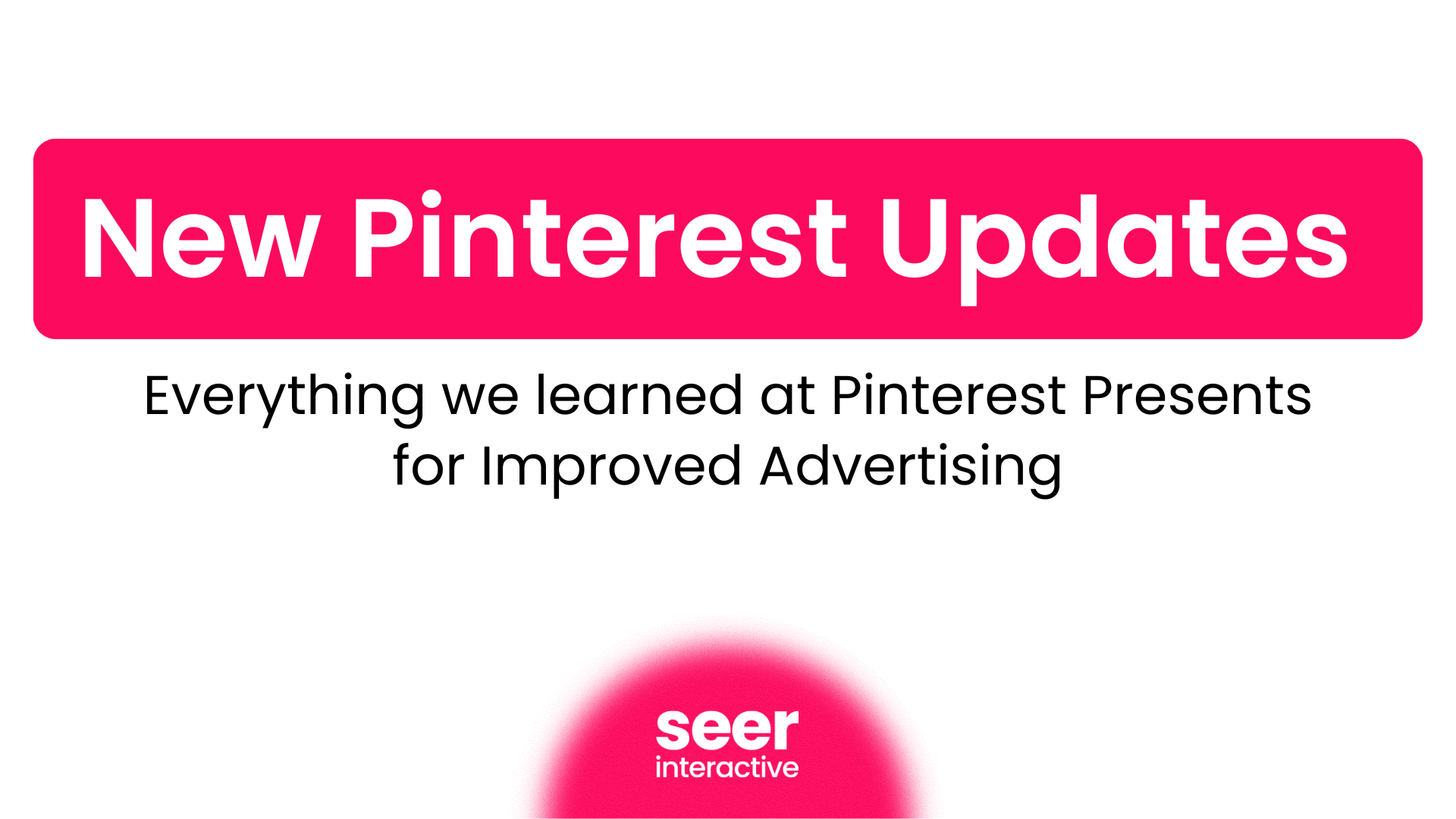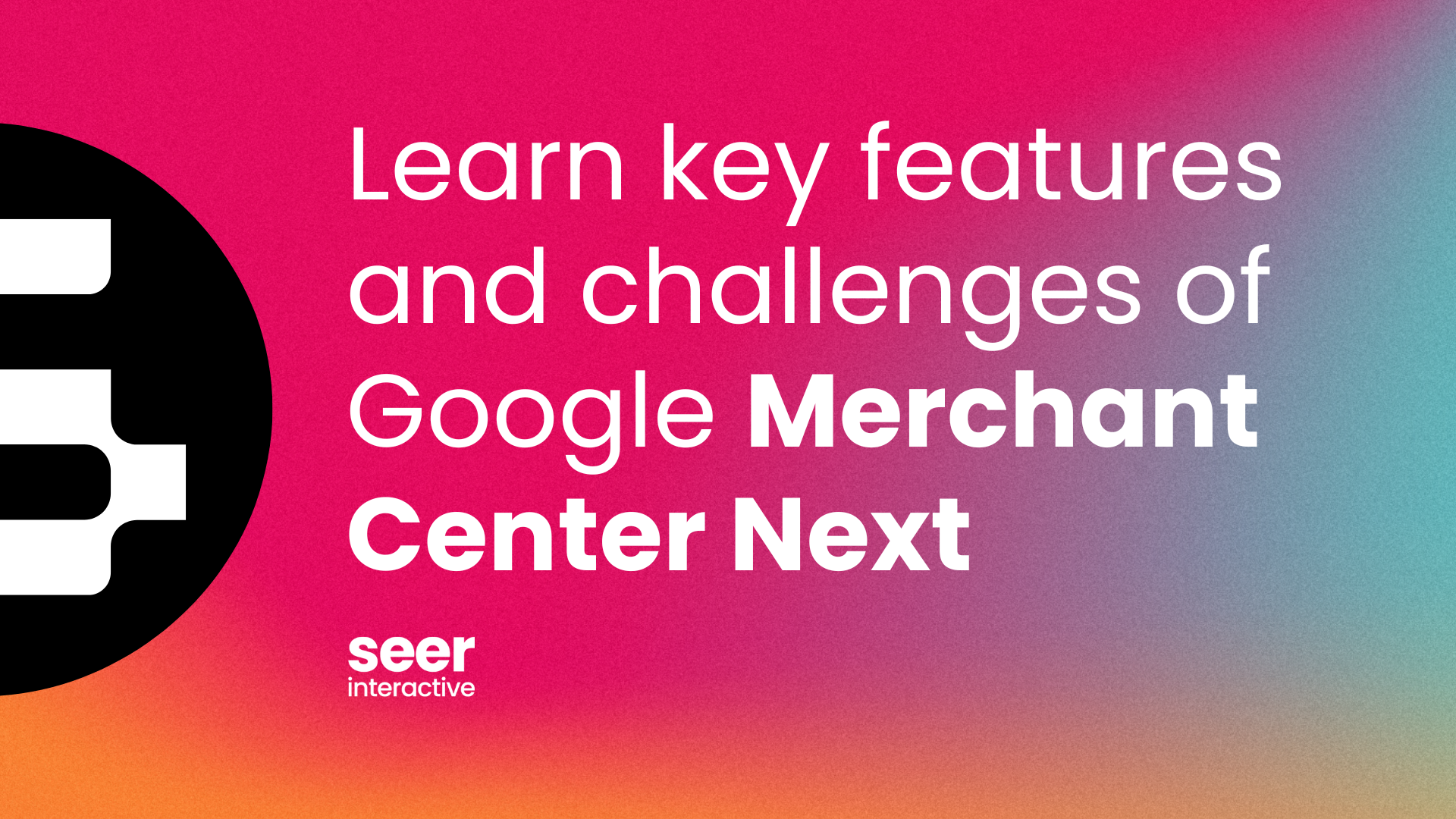It’s that time of year, ladies and gentlemen. Pumpkin spiced everything, infinity scarves, and Halloween costume planning season are officially upon us in all of their glory. But more important than all of those things combined is the return of the NFL season, and with it, the return of fantasy football.
But rather than letting your PPC accounts serve solely as a distraction from your future destiny in a Draft Kings commercial, why not let them inform your fantasy football life and vice versa? There are many tactics that fantasy football and PPC management have in common. In this post, I’m going to tell you exactly what those tactics are. Don’t believe me? Just watch.
1) Be Prepared
Building out a new PPC account is just like putting together your fantasy football roster. As a PPC account manager, you’re the GM of your campaigns, ad groups, and keywords, and it’s your job to get as much out of them as you can.
Fantasy Football: As fantasy football guru Matthew Berry preached in all three of the podcasts I listened to before my own fantasy drafts, you can’t win your league on draft day, but you can lose it. The key is coming to the table prepared, doing your homework, and setting yourself up for success throughout the year. Lamar Miller might have looked like a great pick in the 3rd round, but you have to account for the fact he has to face the Buffalo Bills AND New York Jets run defenses twice a year, which seriously hurts his value (not as much as the Dolphins O-line, but still…) In other words, that 100 player cheat sheet you printed off 10 minutes before your draft starts probably isn’t going to cut it.
PPC: Whether you’re setting up your PPC account for the first time or you’re deep in the middle of a restructure, preparing the right way (and the right amount) is crucial. As our friends over at PPC Hero have laid out in a blog post for beginners setting up an AdWords account, some of the biggest things to consider when launching a new account include:
- Identifying your goals and Key Performance Indicators
- Mapping out your strategy and what a successful PPC account for your business looks like
- Taking inventory of your digital assets (website, landing pages, creative)
- Building out your initial keyword list
- Structuring your account and choosing campaign and ad group themes
- Adjusting settings for budget, targeting, language, and audience
- Creating ad copy
- Implementing conversion tracking
- Launching your account
While this may feel like a lot of ducks to put in a row, it’s all necessary if you want to see success from your PPC accounts.
2) Projections Aren’t Set In Stone
There are tools in PPC accounts and fantasy football websites alike that predict how your account or your team should perform. While both are helpful, it’s your job to see how close to accurate that actually are.
Fantasy Football: I’m not sure about you, but the instant my fantasy draft is over, I look at my league’s season projections and am either overjoyed or instantly sorting through the Free Agent pool for this year’s Justin Forsett.
Week by week, I look at matchup projections just as closely, crafting the most perfect lineup possible. But here’s the thing about projections: that’s all that they are. I was supposed to ride 100 touchdowns from Sam Bradford in Weeks 1 and 2 into pole position for the playoffs. If you happen to be in the Philadelphia (or Dallas) area while you read this, you’ll know that was hardly the case. So don’t let a projection rule the day. Similarly…
PPC: Projections in PPC accounts work the same way! The Keyword Planner in AdWords and the newly released Keyword Planner in Bing Ads are both great tools for trying to gauge the amount of traffic the keywords in your account should be expected to accumulate. You can get a rough idea on your keyword cost, impressions, clicks and possibly even their conversion contributions. They can help you set budgets, bids, and inform a lot of the decisions you make within your account.
That being said, much like a weekly fantasy football forecast, they are still just projections. The burden falls on your shoulders to be diligent following an account launch. Check your bids to ensure your ads aren’t buried below the First Page and adjust them if necessary. It’s crucial to look into your keyword traffic and see what search queries are driving cost within your account. For example, if you have a client that sells fresh juice, but 90% of your budget is being exhausted by searches for OJ Simpson (and not orange juice), you’ll want to take those findings and implement negative keywords appropriately. No matter what your initial projections tell you, make sure that you monitor things closely yourself, especially following a launch.
3) It’s A Marathon, Not a Sprint
Fantasy football and PPC management are far from your traditional “set it and forget it” entities. If you want to see consistent improvements to your record and your ROAS, then you need to work week in, week out.
Fantasy Football: On draft day, you were somehow able to lock up Tom Brady, Gronk, and Antonio Brown because the rest of your league was asleep and only had kickers in their queue. Awesome. Now just set your roster and wait for that sweet, sweet office prestige you so rightfully deserve when you win your league in 17 weeks, right? WRONG! Fantasy football leagues are won week by week, not all at once on draft day. Keep that in mind or run the risk of a last place finish with a just punishment.
PPC: Just like in fantasy, launching your account and monitoring performance the first few weeks is hardly where things stop. One thing that separates a great PPC account manager from someone with poor account management skills, is their ability to manage a consistent, well thought-out optimization plan. As Mona Elesseily discusses on Search Engine Land, developing a testing plan that is well thought out and measurable is often the best way to go about making optimizations. At Seer, our PPC team works off of quarterly plans that establish deadlines and planned out optimizations for our clients based on the impact they’ll have on the business months in advance. We pivot when needed, but mapping out optimizations is a great way to keep accounts on track and the client informed.
4) Stay In The Know
Tom Brady has thrown for more yards than anyone this year and is tied for second in touchdown passes behind this guy. If you drafted before September 4th, you probably could have snagged him as late as the 7th or 8th round in your league. If you drafted after the 4th and missed the memo that his four game suspension was lifted, you’re probably kicking yourself right now. For PPC, it was just a few years ago that mobile enhanced landing pages were a luxury. Today, mobile accounts for more searches than desktop in 10 countries, including the US. Don’t be the fantasy GM who missed out on Tom Brady. Don’t be the PPC account manager missing out on mobile traffic and micro-moments because you didn’t know how important they are.
Fantasy Football: The Arizona Cardinals have gotten off to a historically great start on both sides of the ball. Behind a healthy Carson Palmer, their offense has scored 126 points through three games. That’s ridiculous. But as impressive as their offense has been, their defense has only allowed 49 points and is fifth in the league with 7 turnovers. So if your starting quarterback hasn’t been setting the world on fire of late and they’ve got a game against Arizona coming up, you may want to opt for your backup plan. Basically, stay informed folks.
PPC: The PPC industry, and search engine marketing in general, changes every single day; 20% of searches on Google every day have never been made before. That’s huge, and something we as PPCers have to account for. Seasonality, holidays, and changes to the industry are all things that should constantly be on the radar for a PPC account manager. Pay attention to these factors closely and plan for how they’re going to impact performance. Don’t get left behind, read the Seer blog and other reputable PPC blogs like WordStream, Search Engine Land, and PPC Hero to stay in the know.
These blogs are all great resources and places to turn to for new ideas and to keep with the pulse of the PPC industry. The hashtag #ppcchat on Twitter is another excellent resource, serving as a weekly chat about everything related to PPC. Staying informed and setting aside 30 minutes a week to catch up on industry reads can be one of the best ways to spark an idea you never knew you had.
Are you a PPC account manager by day and fantasy football maven by night? What are some lessons you’ve learned from one that you’ve been able to apply to the other? Share them in you comments section below!

